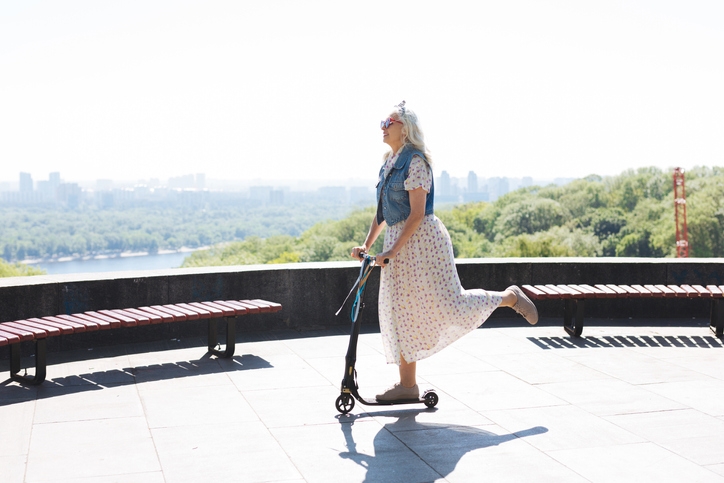In the year 2031, the oldest baby boomers will turn 85. Consequently, this means their risk for aging issues like dementia, serious disability, and long-term dependency will increase exponentially. At the same time, the American Medical Association has reported an increased death rate in the 25 to 64 year age range. All these statistic put together have an important impact on the future of aging America. It means there will be fewer younger adults to care for the old and frail. Their death rate has remained unchanged in the recent years. And in some respects, this crisis is already upon us.
The prime caregiving population’s age range is approximately 45 to 64. According to this New York Times article, this age group’s population is only expected to increase by 1 percent in the next decade. By contrast, the 80 and over population is expected to increase by 79 percent in the same time frame. Clearly, this discrepancy will cause issues in regards to elder care in the coming years. Aging issues in America will need to be addressed in order to avoid this problem.
However, these statistics do not just affect the older population. Therefore, it’s vital to address the realities of these statistics for all involved. A rapidly aging society affects practically everyone. However, women end up being affected the most due to their greater longevity. Women currently provide two thirds of unpaid caregiving to the elderly. This may not be as sustainable as we are hoping it will be.
On the other hand, many aging people in their seventies and beyond are still self-sufficient and thriving. Jean Accius of AARP states that we’re aging as a society. Therefore, it’s time to stop the outdated generalization that people at a certain age are incapable on their own. “We need to recognize the opportunities at all stages of life, not just the challenges”, she claims.
No single “program” or concept can ultimately manage the painful and personal challenges associated with our aging society. We must face our own fears on what it will mean to grow older. Both as an individual and as a whole society. There are so many controversial ideas on how to solve these issues. But the first step will be to face the realities of aging that we all will eventually be facing.



Hi, I am an audiologist running a domiciliary hearing care covering hearing tests and hearing aids for the elderly and seniors in South London UK. I often come across a couple of patients with dementia every month or so when I visit them for ear wax removal or hearing test or adjusting their hearing aids. Just wanted to remind everyone in the elderly care services that there is a bold line between hearing loss and dementia. Please make sure that you encourage your elderly parents or relatives to take a hearing test. Thanks
That is a really great suggestion! Thank you!